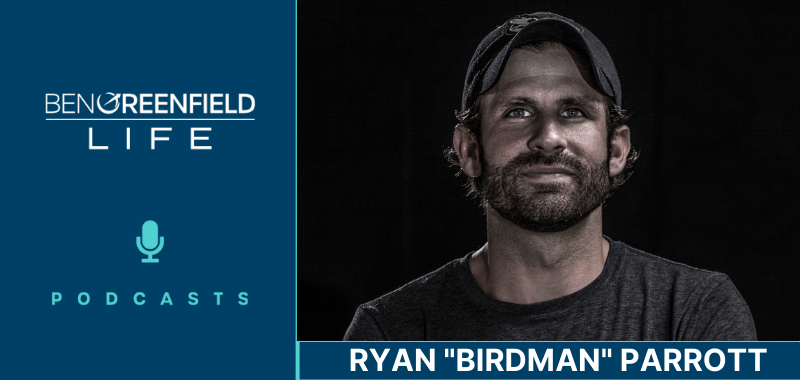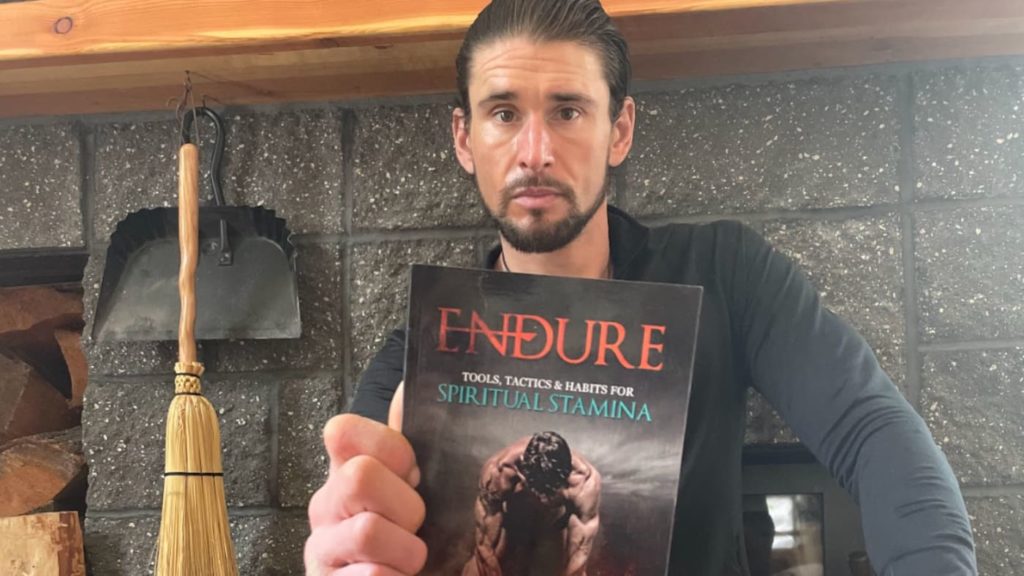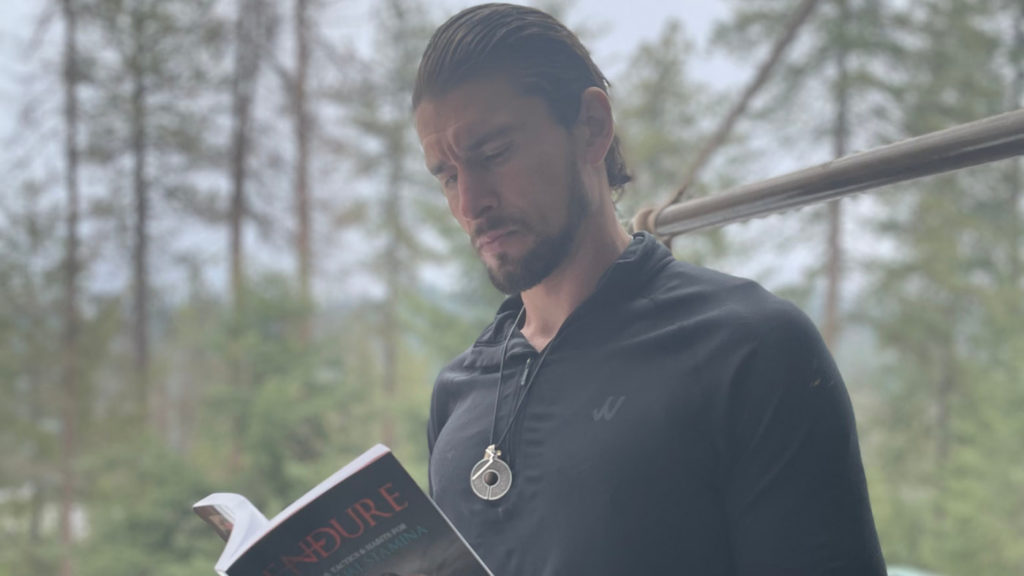July 10, 2022
Welcome back to my Precepts series—inspired by meaningful thoughts, insights, and discoveries I have during each week and intentionally designed to help make your life just a little bit better.
You can find the series in its entirety here.
Precept 22: Imagine
I've written about the great and inspirational hero's journey that Jesus Christ lived, expressed the profound love he displayed for humankind, and even described his horrific, unfair and brutal crucifixion in disturbing detail. Lately, I've continued to think a lot about Jesus—particularly his death—when I am tempted to do wrong or to commit an action that flies in the face of what Jesus preached. I encourage you to do the same.
Why my seeming “infatuation” with the suffering of Jesus?
Frankly, it's difficult to steal, cheat, lie, lust, covet, and otherwise selfishly and sinfully act when you are consistently dwelling upon how much God yearns for you to be His obedient and precious child: a yearning so great that He sent His one and only beloved son Jesus to die on a cross for your sins. So next time you are tempted towards doing what you know in your heart to be wrong, I encourage you to imagine…
…imagine—just for a moment—a loving, heavenly Father gazing down at His beloved son Jesus, and seeing his son's body brutally scourged, a cat-of-nine tails tearing his back to shreds, bruising blows to his face, stumbling down upon stones with a massive cross on his back, thick nails thrust into the thicks of his wrists and ankles, cramping horrifically in pain and all alone with a crown of thorns deeply perforating his skull, unending agony and thirst, asphyxiation from hanging, and a spear piercing his side.
Just imagine how much love for you that it took for a Father to witness this happening to His son. Try to feel in your own being what God must have felt when he saw his perfect son's body destroyed in the most horrific way imaginable. If you yourself have a child, imagine how it would have felt had that been our own precious, innocent child. Are you able to see how much God loves you and the great price He and His dear son paid so you could have access to salvation and eternal life? Are you able to better understand why one of the greatest ways in which you can acknowledge this sacrifice is by loving God, loving others, and following God's commandments while walking on the straight, narrow, and often difficult path? Constantly remembering and imagining Christ's suffering is one powerful method to keep you on that path, which is, in my opinion, also a good reason to own and consistently see some kind of imagery of a cross. Some tattoo a cross onto their bodies. Others wear it on a necklace. Some display a cross as wall art. But no matter the method, that constant reminder of Jesus's crucifixion and that imagining of how great God's love is can be quite powerful.
So do not forget that sacrifice, especially when you are tempted.
Precept 23: Your Day Or Others' Day?
I've said it before: how you live your day is how you live your life, and thus, some semblance of daily self-examination, planning, scheduling, organizing, and calendaring is absolutely key to ensuring your days continually stack into a pile of accomplishments that eventually produce a long string of daily “wins.”
But here's what's important: you're not just living out your own day and your own life. Unless you just so happen to exist on an isolated desert island, you are surrounded by hundreds and thousands and millions and billions of other people who are all living out their day, while following their “proven” habits, rituals, routines, schedule, calendar, drive, calling, opportunity, career, and hobbies.
Hence, your best friend, your spouse, your child, your parent, your teammate, your employer, or your coworker may not empathize with or understand in the least your 6 a.m. morning routine, or your 9 a.m. breakfast habit, or your intermittent fasting protocol, or your 11 a.m. Pomodoro break, or your lunchtime walk, or your afternoon nap, or your pre-dinner prayer, or your strict 10 p.m. bedtime, or anything else you do during the average day or night, all because they have, as a separate human, created their own habits that can often be quite different than yours.
So try to avoid the tendency to be so narcissistic, self-serving, or tied to your daily routine—especially with the rigidity/creativity imbalance I describe here—and instead, make every attempt to understand that every human being walking this planet is living a different day and often a significantly different day than you are.
Consider sacrificing your fast every once in a while to take your kids to waffles, ditch that “I don't do coffee” rule to randomly meet up with a friend at a coffee shop, shift your weight training workout to instead meet some friends for tennis, stay up past your bedtime to go gaze at the stars with your lover, and most importantly, begin each day with the mindset of serving others and living out the Golden Rule.
Sure, you can live your day and stick with the habits you know will lead to success and impact, but understand that to be a fully functioning, interdependent, connected human on a planet with a whole lot of other humans, you may often find yourself living other people's day also, and you must learn to do so gracefully, often by setting your own priorities, interests and schedule aside to make other people feel special, loved, noticed, seen, felt, and heard.
Precept 24: Your Purpose or Others' Purpose?
In the same way that you have your day and others have their day, you also have a distinct and unique purpose that is likely different from many others. But that's kind of obvious. You probably already know that. Yet when I look around and become tempted to envy or covet or crave someone else's “job,” life's purpose or unique skillset, I personally have to keep reminding myself…
…”Ben, that's not you…”
“…you're a storyteller, an author, an orator, a wordsmither, a teacher…”
“…and you’re not an engineer, not a technician, not a natural entrepreneur, not a surgeon, not a professional athlete or musician, not an executive…”
“…so don't waste so much time trying to be or wishing you were those things…”
Look, I'm not discouraging you from going out and learning new skills, living life with constant curiosity, or operating in the spirit of a sort-of renaissance person who has many skills, passions, hobbies, and vocations, but I am encouraging you, once you've discovered your unique purpose in life, to be fully satisfied with it and fully aware that what comes easy to you and therefore what you might take for granted is something that can be shockingly difficult for someone else, even that someone who has a job or purpose you may sometimes wish you had.
I write. She paints. You fix. He competes. They heal. They code. I sing. She speaks. You get the idea.
1 Corinthians 12:4-11 says:
“There are different kinds of gifts, but the same Spirit distributes them. There are different kinds of service, but the same Lord. There are different kinds of working, but in all of them and in everyone it is the same God at work. Now to each one the manifestation of the Spirit is given for the common good. To one there is given through the Spirit a message of wisdom, to another a message of knowledge by means of the same Spirit, to another faith by the same Spirit, to another gifts of healing by that one Spirit, to another miraculous powers, to another prophecy, to another distinguishing between spirits, to another speaking in different kinds of tongues, and to still another the interpretation of tongues. All these are the work of one and the same Spirit, and he distributes them to each one, just as he determines.”
So now it's time to make sure you're intimately familiar with your own gifts and ultimate purpose. You can read this if you want more about how to find your purpose in life and read my new purpose statement if you want an example. You should also check out a wonderful new purpose-discovering tool I've recently found, the “Ikigai 2.0” e-book, for more elegantly and systematically nailing down your own life purpose.
That's it for this week! If you have questions, comments, or feedback below, please leave your thoughts. I read them all!














🔔👽 FUNNY Ben ❗️ As an user of the DEVIL 👿 ALCOHOL, you are preaching against Plant-Medicine ! ? Seriously ❓
GOD IS LOGO, ALCOHOL IS LEGO. Plant Medicine is Consciousness, God is Consciousness. Mr. GREENfield, Nomen est Omen, go back to the GREEN! Smoke a good weed instead of using wine. I wish you the longest life.
Jesus rose yet retained the scars from that brutal beating and retains them for eternity. This is why the apostles didn’t recognize him and had to show His hands and side to Thomas that he might believe (John 20:27).
Personally I believe He retained all the scars, not just those suffered on the cross. Not just the scourging but they beat Him and ripped out His beard. Again, making Him unrecognizable. None of us could come even close to imagining that suffering. And to further the pain was the mental anguish of being momentarily apart from union with the Father.
But there is an everlasting beauty in the scars. A forever reminder of the sacrifice and more importantly the healing that is present for eternity.
Here are a couple great writings: https://www.desiringgod.org/articles/his-scars-will-never-fade
https://bibleask.org/what-are-the-seven-wounds-or-scars-of-christ/
Thanks for sharing your insight!
Dear Ben:
Perhaps you are mistaken, or I. It is my understanding that the spear that was thrust into the chest of Jesus at the end of his day of crucifixion, was not done to cause him further harm, but to check for a lack of vital signs of life. He was confirmed dead by the guard. The spear pierced his lung and perhaps his heart also? Upon this act, a significant quantity of water immediately drained out of Jesus’s chest, as-is stated in the Bible.
The presence of water in his lungs after death, we now know is indicative of a certain type of heart failure, I do not recalled the name of this condition. It is only in recent modern times we have learned of this fact. 2,000 years ago no one was aware that water in the lungs results from only a specific type of heart failure. In other words, Jesus Christ most certainly died upon the cross and was not taken down and place in the tomb alive. This confirms that he most certainty was without life as we know it, prior to his reincarnation and regain life immediately prior to ascending into heaven alive and well the following day? or was it 3-days later, a biblical scholar I am not.
A retired, cold-case murder investigator from Los Angeles California, initially an atheist by the way, determined the above facts in his investigations of the Resurrection of Jesus Christ in order to prove or disprove this important aspect of of Biblical scripture upon which the Christian religion is founded! The author became a Christian due to these simple facts which resulted from his investigation!
Please excuse my poor memory of 68-years. Upon reading his account my faith for greatly strengthened.